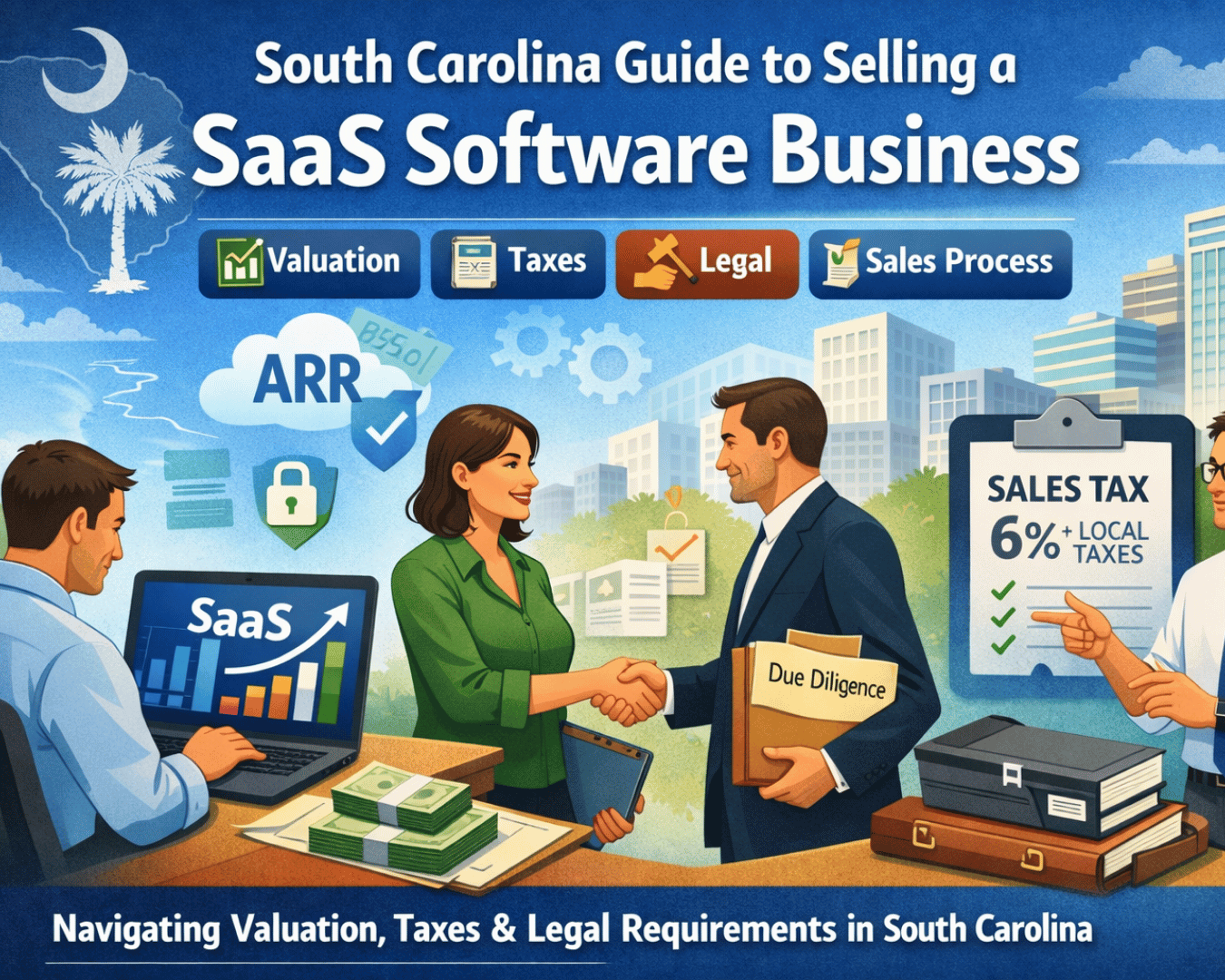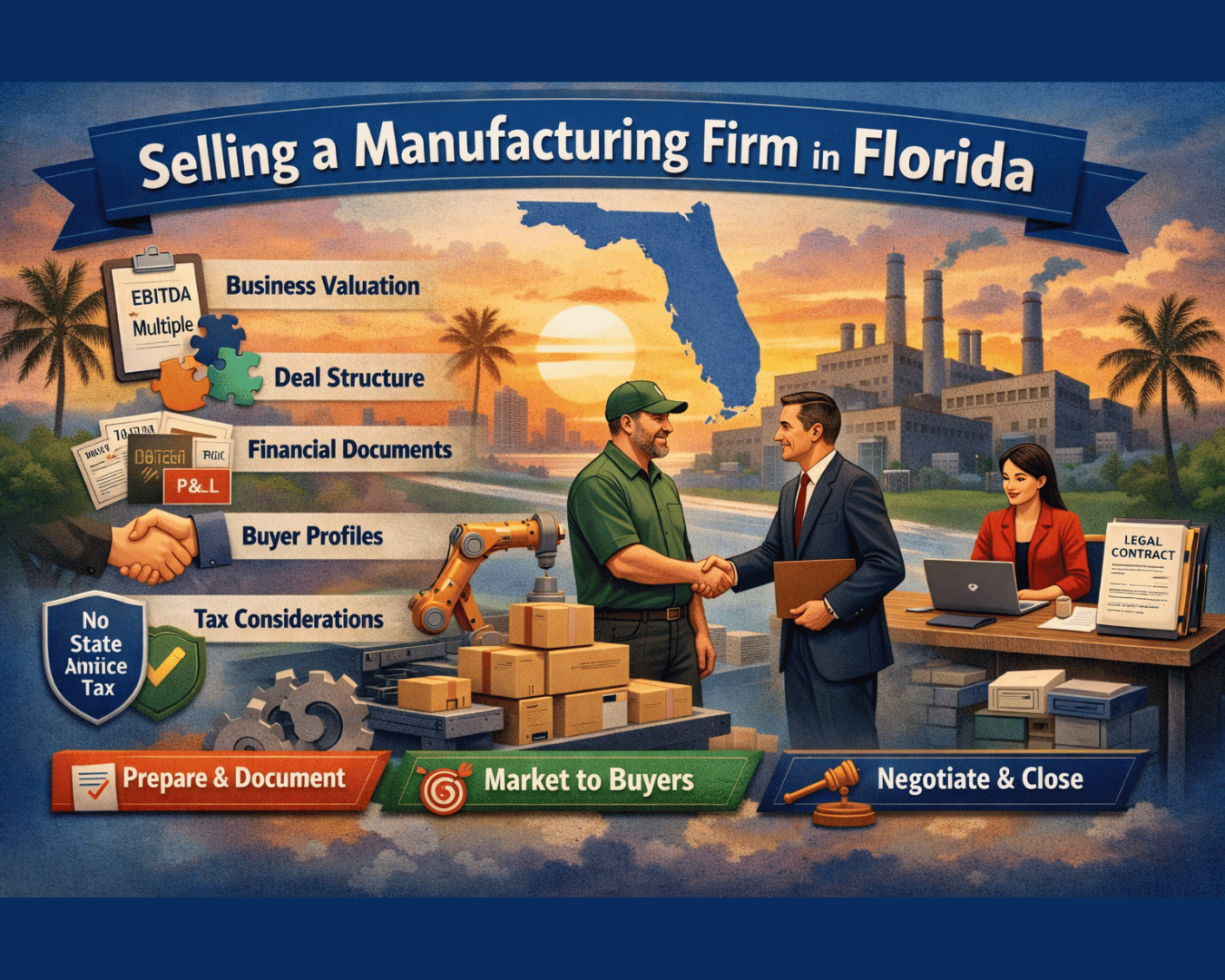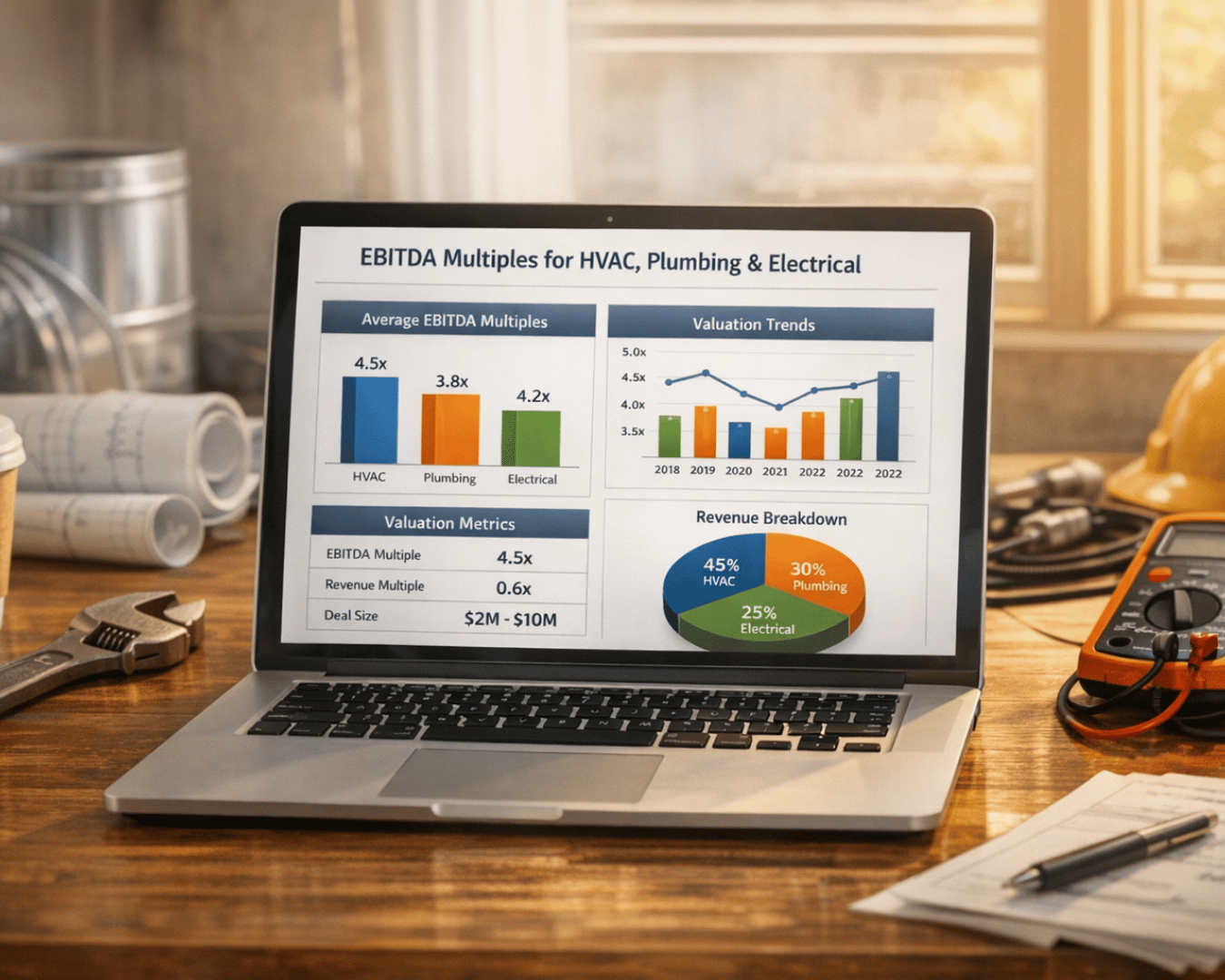When businesses need financing, they often choose between private credit and bank loans. Each option has distinct advantages and challenges, depending on factors like speed, cost, and flexibility.
- Private Credit: Loans from non-bank entities like investment funds and direct lenders. Known for faster approvals and flexible terms, but usually comes with higher interest rates and fees.
- Bank Loans: Offered by regulated institutions like banks and credit unions. Provides lower interest rates but requires extensive documentation and longer processing times.
Key Considerations:
- Speed: Private credit is faster, closing in weeks. Bank loans take months.
- Flexibility: Private credit terms are tailored to borrower needs. Bank loans follow stricter, standardized structures.
- Cost: Bank loans are cheaper, with rates ranging from 5%-12%. Private credit rates are higher, often 10%-20%.
- Eligibility: Banks require strong credit and financial history. Private credit is more lenient but evaluates overall business potential.
Quick Comparison
| Feature | Private Credit | Bank Loans |
|---|---|---|
| Speed | Weeks | Months |
| Flexibility | Customizable terms | Standardized terms |
| Cost | Higher interest rates | Lower interest rates |
| Requirements | Lenient, case-by-case | Strict criteria |
Choosing the right option depends on your business's needs, timeline, and financial situation. For faster funding and tailored terms, private credit may work best. For lower costs and credit-building, bank loans are ideal.
What is Private Credit?
Private Credit Definition
Private credit refers to debt financing provided by non-bank entities such as private credit funds, direct lenders, and institutional investors. These lenders operate outside the traditional banking regulations, offering a more adaptable framework for borrowers. Unlike the standardized approach of bank loans, private credit provides more room for customization. By 2024, the private credit market had surged past $2 trillion in assets under management, signaling its growing appeal as an alternative financing option for businesses.
Now, let’s see how this flexibility translates into faster and more tailored financing solutions.
How Private Credit Works
Private credit thrives on direct relationships between lenders and borrowers, cutting out banks entirely. This streamlined process allows transactions to close much faster than traditional bank loans, as they avoid many of the regulatory hurdles banks face.
The standout feature of private credit is its ability to customize terms. Lenders can adjust repayment schedules, interest rates, and covenants to align with a borrower’s cash flow and business cycles. Another advantage is the option for higher leverage ratios. Unlike banks, which must adhere to strict regulatory limits on debt-to-equity ratios, private credit lenders can structure financing packages with more aggressive terms. This makes it especially appealing for situations like leveraged buyouts, management buyouts, or acquisition financing.
Who Uses Private Credit
The flexibility and speed of private credit make it attractive to a diverse range of borrowers. It’s particularly beneficial for companies that traditional banks often overlook. Businesses with complex or unpredictable cash flows find private credit’s tailored solutions more suitable. Additionally, time-sensitive situations - such as acquisitions and buyouts - drive demand for the faster funding private credit can deliver.
Lower mid-market companies frequently turn to private credit when traditional banks can’t meet their needs. Emerging businesses also favor private credit as a way to access growth capital without giving up equity. With an estimated $40 trillion addressable market, the potential reach of private credit is vast.
What are Bank Loans?
Bank Loan Definition
Bank loans are a cornerstone of business financing, provided by institutions like commercial banks, credit unions, and savings associations. These lenders operate under strict oversight from regulatory bodies such as the Federal Reserve, the FDIC, and the Office of the Comptroller of the Currency. This regulatory structure ensures a consistent approach to lending, with clear guidelines for terms, interest rates, and approval procedures.
Thanks to their long history in commercial lending, banks can offer competitive interest rates. They achieve this by tapping into large pools of depositor funds and leveraging access to low-cost capital through federal funding programs.
How Bank Loans Work
Bank loans operate within a highly structured and regulated framework, which requires applicants to navigate a detailed process. To secure a loan, businesses must submit comprehensive documentation, including financial statements, tax returns, cash flow projections, and business plans. Lenders then evaluate these applications using standardized criteria, focusing on factors like credit scores, debt-to-income ratios, and available collateral.
Because banks rely on low-cost deposits and federal funding, they can provide loans with attractive interest rates. However, these benefits come with rigorous documentation requirements and thorough underwriting procedures. Successfully managing a bank loan can also strengthen a business’s credit profile, making future borrowing easier.
That said, bank loans aren’t without challenges. The application and approval process can be time-consuming, and banks often impose conservative loan-to-value limits and strict covenants. These measures reflect their cautious approach to managing risk.
Who Uses Bank Loans
Bank loans are best suited for businesses with stable financial foundations. Companies with strong financial histories and predictable revenue streams are typically in the best position to secure traditional bank financing. These loans are especially useful for businesses that can demonstrate consistent cash flow and a solid operating history.
Industries such as manufacturing, professional services, retail, and real estate development commonly rely on bank loans to fund working capital needs or growth initiatives. Franchise operations also benefit from these loans, as their proven business models and brand recognition reduce lender risk. For many franchises, government-backed programs like SBA loans make it easier to secure favorable terms.
While bank loans can be a cost-effective way to fund business needs, their structured process and longer timelines are often better suited for established businesses that meet traditional lending standards. Unlike private credit options, bank loans cater to companies with steady cash flows and a track record of financial stability.
What is Private Credit? | Direct Lending Explained
sbb-itb-a3ef7c1
Private Credit vs Bank Loans Comparison
Private credit and bank loans differ in several key areas, including speed, flexibility, cost, and borrower requirements. Deciding between the two depends on your specific financial goals. Here's a closer look at how they compare.
Speed is often where private credit stands out. Private lenders can close deals in as little as two to four weeks. In contrast, bank loans generally take 60 to 90 days - or even longer - to finalize.
Flexibility of loan terms is another major distinction. Private credit lenders tailor terms to individual borrower needs, while banks stick to standardized structures that leave less room for customization.
Cost is a critical factor to consider. Bank loans typically offer lower interest rates, ranging from 5% to 12%, depending on creditworthiness and market conditions. Private credit, however, comes with higher rates - often between 10% and 20% - and may include additional fees that increase the overall cost.
Borrower requirements also vary significantly. Banks impose strict credit score thresholds, demand extensive documentation, and often require personal guarantees. Private lenders, on the other hand, take a more holistic approach, evaluating factors like business potential and asset quality rather than relying solely on credit scores or financial ratios.
Key Differences Table
| Feature/Factor | Private Credit | Bank Loans |
|---|---|---|
| Speed of Funding | Faster, often within weeks | Slower, may take months |
| Flexibility of Terms | Highly customizable | Standardized |
| Cost of Capital | Higher interest rates and fees | Lower interest rates |
| Borrower Requirements | Flexible, case-by-case basis | Strict credit and financial criteria |
| Deal Size & Customization | Suitable for complex deals | Best for straightforward needs |
| Regulatory Environment | Less regulated | Heavily regulated |
| Impact on Credit History | Limited or no impact | Builds business credit |
| Access During Downturns | More accessible | May tighten availability |
These distinctions play a big role in determining which option is better suited for your business. For complex financial needs, private credit is often the go-to choice, especially for businesses with irregular cash flows or intricate transaction requirements. Banks, on the other hand, are ideal for straightforward deals with clear collateral and predictable repayment schedules.
The regulatory environment also influences how these lenders operate. Banks are subject to extensive federal and state regulations covering everything from lending practices to capital requirements. Private lenders face fewer restrictions, which allows them to make quicker decisions but may expose borrowers to less standardized practices.
When it comes to credit building, banks have the upper hand. Successfully managing a bank loan can strengthen your business credit profile, making it easier to secure future financing. Private credit arrangements, however, may not report to credit bureaus, offering limited opportunities to build credit.
Market conditions further highlight the differences. During economic downturns, banks often tighten their lending standards, making loans harder to obtain. Private credit markets, while more accessible during these times, typically come with higher costs as lenders adjust pricing to reflect increased risk.
Platforms like Clearly Acquired can help you navigate these options by connecting you with both bank lenders and private credit sources. This makes it easier to compare and align your financing choice with your business's unique needs and priorities.
Choosing the Right Financing for Your Business
Finding the right financing option often comes down to matching your business's needs, timeline, and financial situation with the benefits and limitations of private credit or bank loans.
Assessing Your Financial Profile
Banks typically look for businesses with a solid credit history, consistent cash flow, and a proven track record. If your financial history isn’t as strong or your revenue varies seasonally, private credit might be a more accessible route.
The complexity of your financial needs also matters. Transactions involving elements like seller notes, earn-outs, or asset-based lending often benefit from the flexibility private credit offers.
Collateral requirements are another key factor. Banks usually favor loans backed by tangible assets like real estate or equipment. If your business operates with fewer hard assets, private credit’s more flexible, asset-light approach might be a better fit.
Once your financial profile is clear, it’s time to weigh the trade-offs between cost and speed.
Cost vs. Speed Trade-offs
Bank loans are known for their lower interest rates, but the approval process can be lengthy, involving extensive applications and documentation. While this can save money in the long run, delays could stall growth opportunities. On the other hand, private credit, though typically more expensive, offers faster processing and more flexible terms, which can be crucial for seizing time-sensitive opportunities.
Another consideration is how your relationship with the lender might evolve. A good track record with bank loans can lead to better terms in the future. Meanwhile, private credit often works as a stepping stone, helping businesses bridge the gap until they’re in a stronger financial position.
Using Financing Platforms
After evaluating your financial profile and balancing cost and speed, financing platforms can simplify the process of comparing lenders. Platforms like Clearly Acquired connect you with both bank loans and private credit, streamlining the search and comparison process.
Clearly Acquired offers features like acquisition pre-qualification through Plaid financial verification, speeding up the initial screening with lenders. This eliminates the hassle of submitting multiple applications while keeping your financial details secure.
These platforms also support creative financing solutions, combining options like seller notes, earn-outs, and traditional loans to design a capital stack tailored to more complex transactions.
The integrated loan marketplace allows you to present your financing needs to multiple lenders simultaneously, creating a competitive environment that could lead to better terms. Tools like secure data rooms and pipeline management systems help organize and centralize the process, ensuring no critical details are overlooked.
Additionally, access to market intelligence through these platforms enables you to benchmark proposed terms against current market conditions. This insight helps you negotiate more effectively, whether you choose bank financing or private credit.
Conclusion
Deciding between private credit and bank loans comes down to understanding your business's financial needs and goals. Bank loans, with their standardized practices and structured terms, are often a good fit for businesses with solid credit histories. On the other hand, private credit offers more flexible and tailored financing options, making it a better choice for situations requiring customization.
If your priority is predictable and structured terms, bank loans might be the way to go. However, if your business demands more personalized financing, private credit could align better with your requirements.
To make the decision process smoother, tools like Clearly Acquired's integrated platform can help. This platform allows you to compare financing options and secure the best capital structure for your needs. With features like pre-qualification and access to a network of lenders, it simplifies the search for solutions - whether you're looking for SBA 7(a) loans, commercial financing, or more creative arrangements like seller notes and earn-outs.
The key is to select the financing option that aligns with both your current needs and future objectives.
FAQs
What’s the best way to choose between private credit and bank loans for my business?
Choosing between private credit and bank loans comes down to what your business needs most. Private credit can be appealing for its speed, flexibility, and personalized terms, making it a go-to for businesses that need funds quickly or require financing tailored to their specific situation. On the flip side, bank loans often come with lower interest rates, predictable repayment schedules, and regulatory safeguards, which can be a better fit for businesses focused on long-term, cost-efficient financing.
To make the right choice, think about how urgently you need the funds, your comfort level with risk, and whether flexibility or saving on costs better aligns with your financial goals. Each option has its own strengths, so the key is matching your decision to your business's priorities and timeline.
What risks should I consider when choosing private credit instead of a bank loan?
Private credit carries its own set of risks, especially when compared to traditional bank loans. For starters, borrowers in private credit markets are typically mid-sized companies that often operate with higher levels of debt. This naturally increases the potential for credit risk. On top of that, the lack of active secondary markets means private credit valuations might not align with real-time market conditions, making it tougher to get a clear picture of the actual risk involved.
There’s also the issue of systemic risk. Many private credit funds depend on secured credit lines provided by banks. If private credit were to experience significant losses, the ripple effects could extend to the broader financial system. Given these factors, it’s crucial to thoroughly assess the risks before considering private credit as a financing option.
How does private credit affect my business's credit profile compared to traditional bank loans?
Private credit impacts your business's credit profile in ways that differ from traditional bank loans. On the plus side, private credit often has higher approval rates and is easier to access, especially for businesses with a limited credit history. However, these advantages can come with trade-offs - higher interest rates and stricter repayment terms. If not handled properly, these factors could negatively affect your credit standing.
One key difference is that private credit solutions are usually faster to secure and offer more flexibility than bank loans. But with this convenience comes potential financial risks. Carefully reviewing the terms and ensuring your business can comfortably meet repayment obligations is crucial for maintaining a healthy credit profile.













%20%20Process%2C%20Valuation%20%26%20Legal%20Checklist.png)




















%20in%20a%20%2420M%20Sale..png)
%20vs.%20Conventional%20Loans%20for%20business%20acquisition.png)























.png)


.png)
.png)


































.png)










